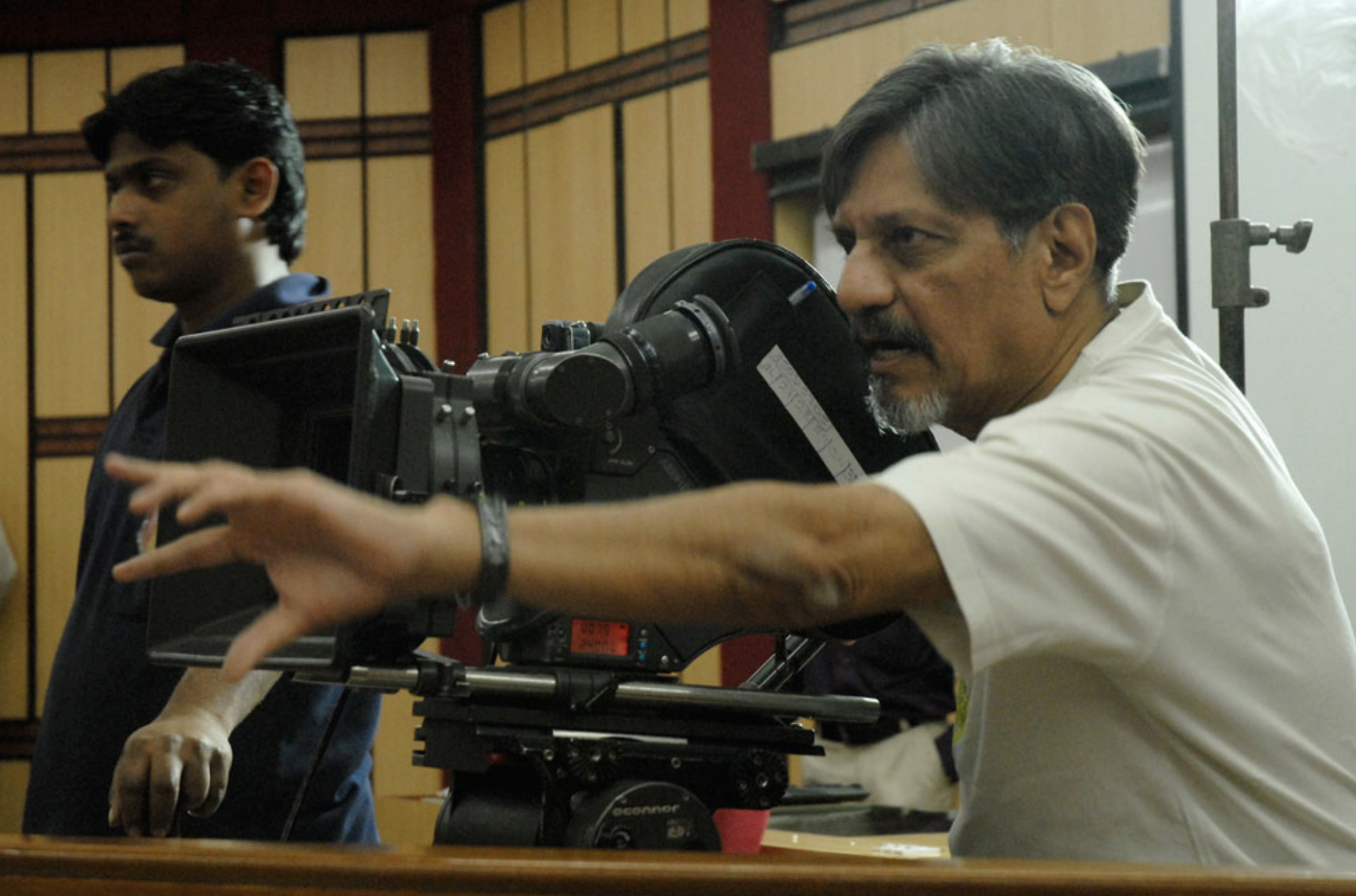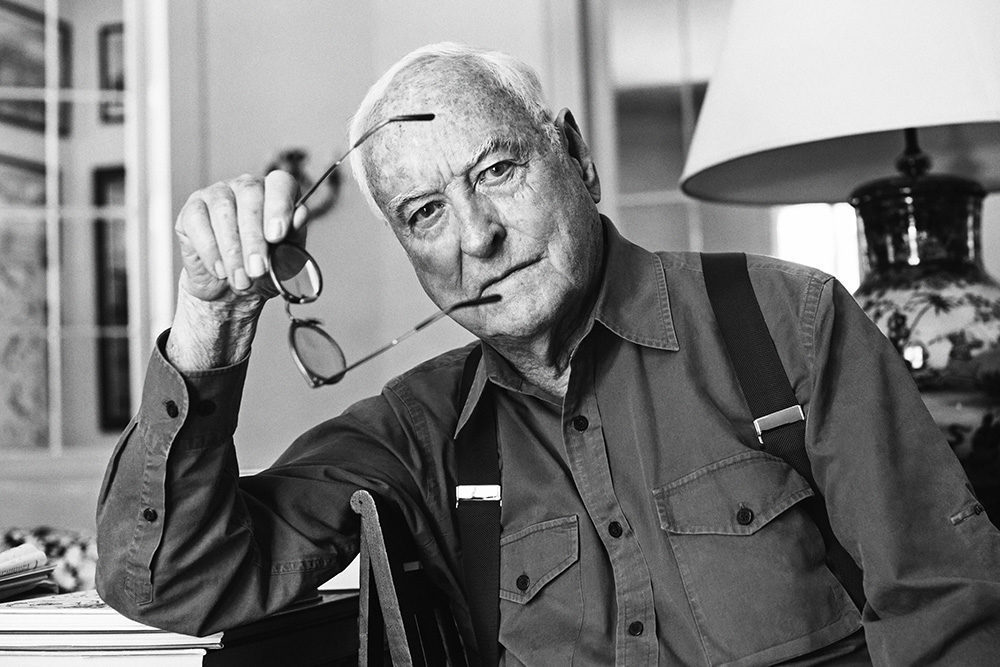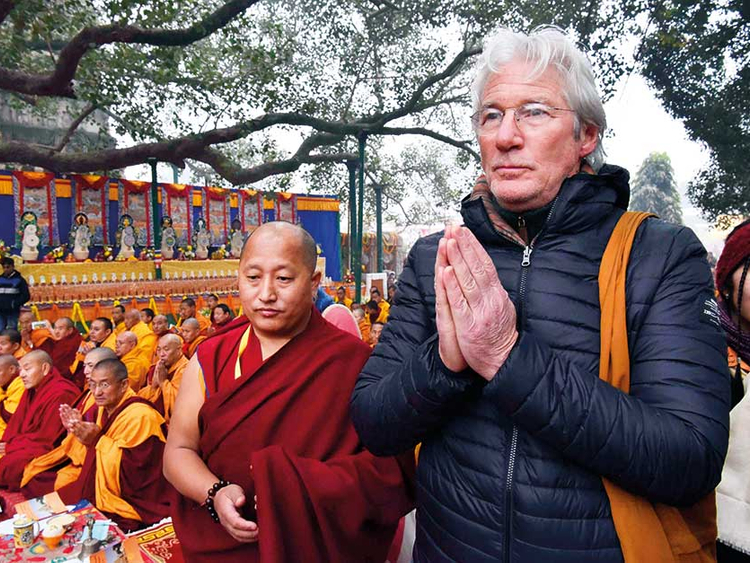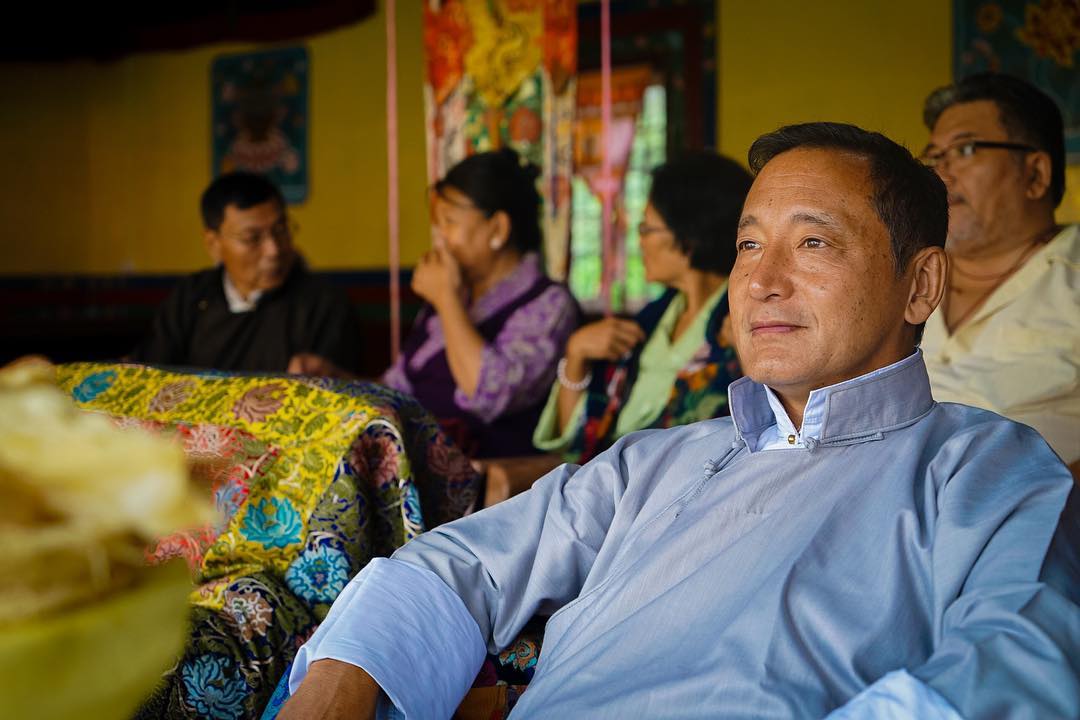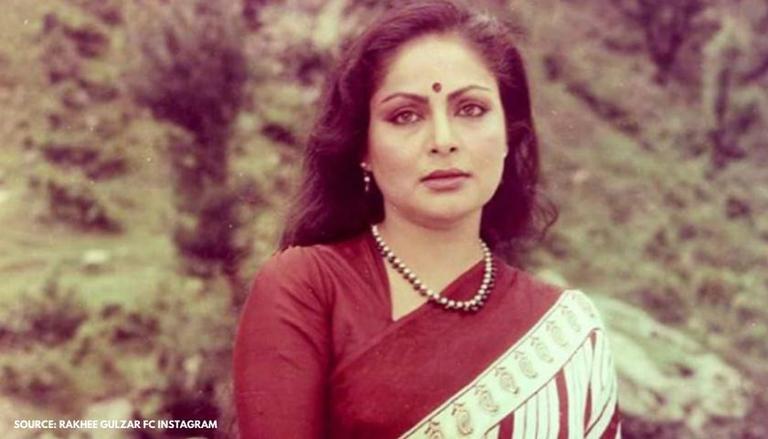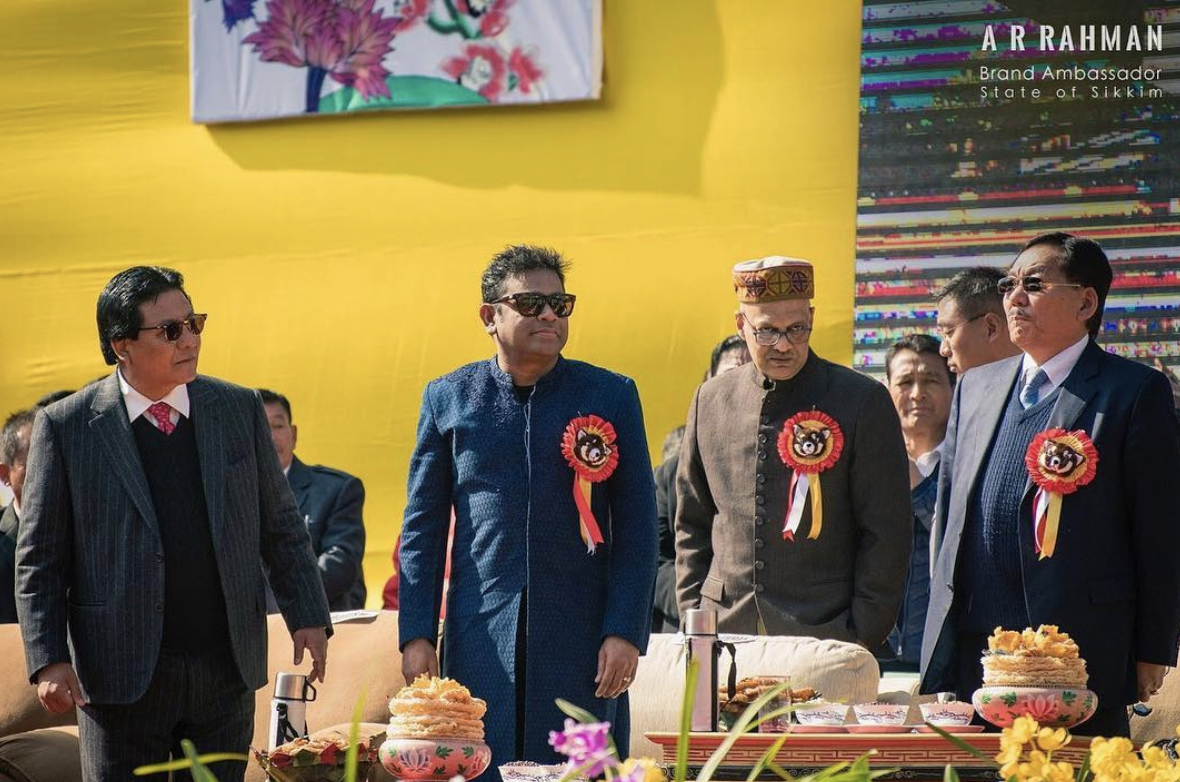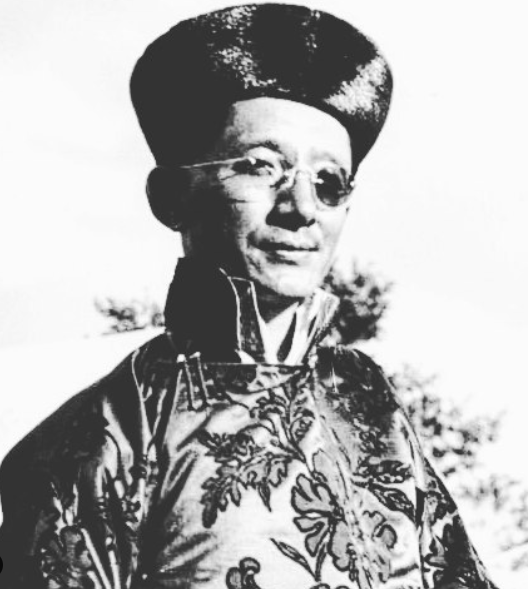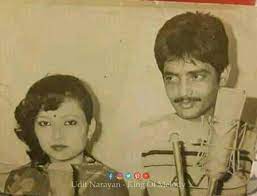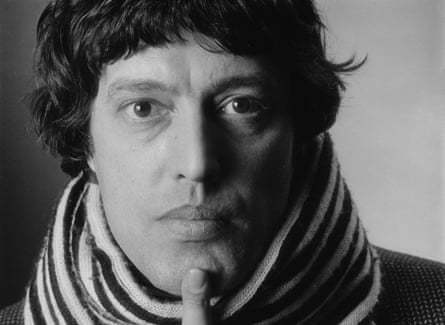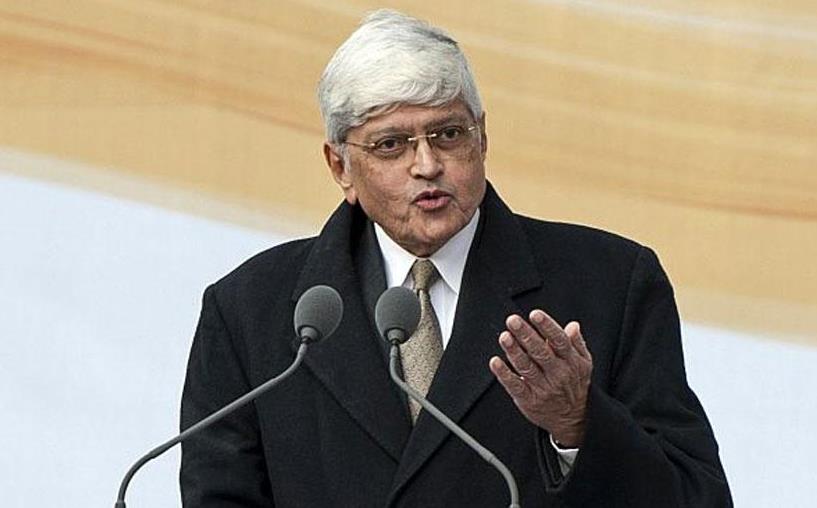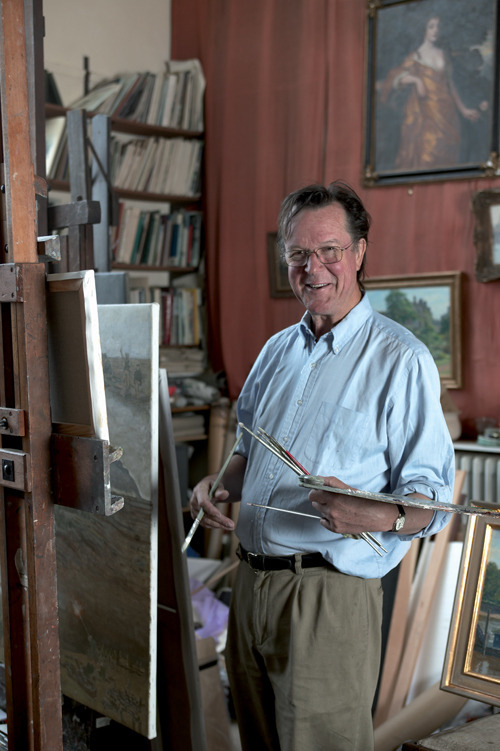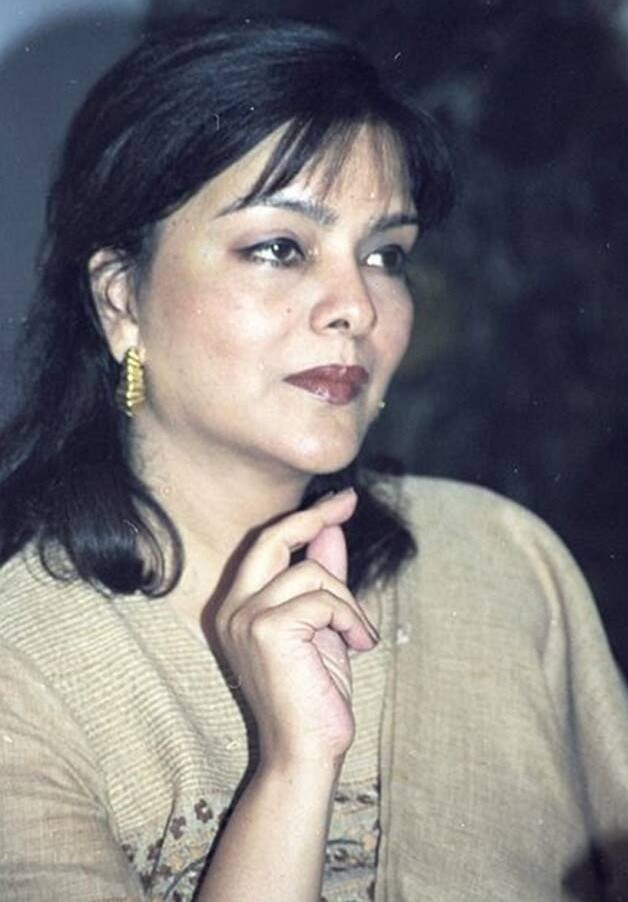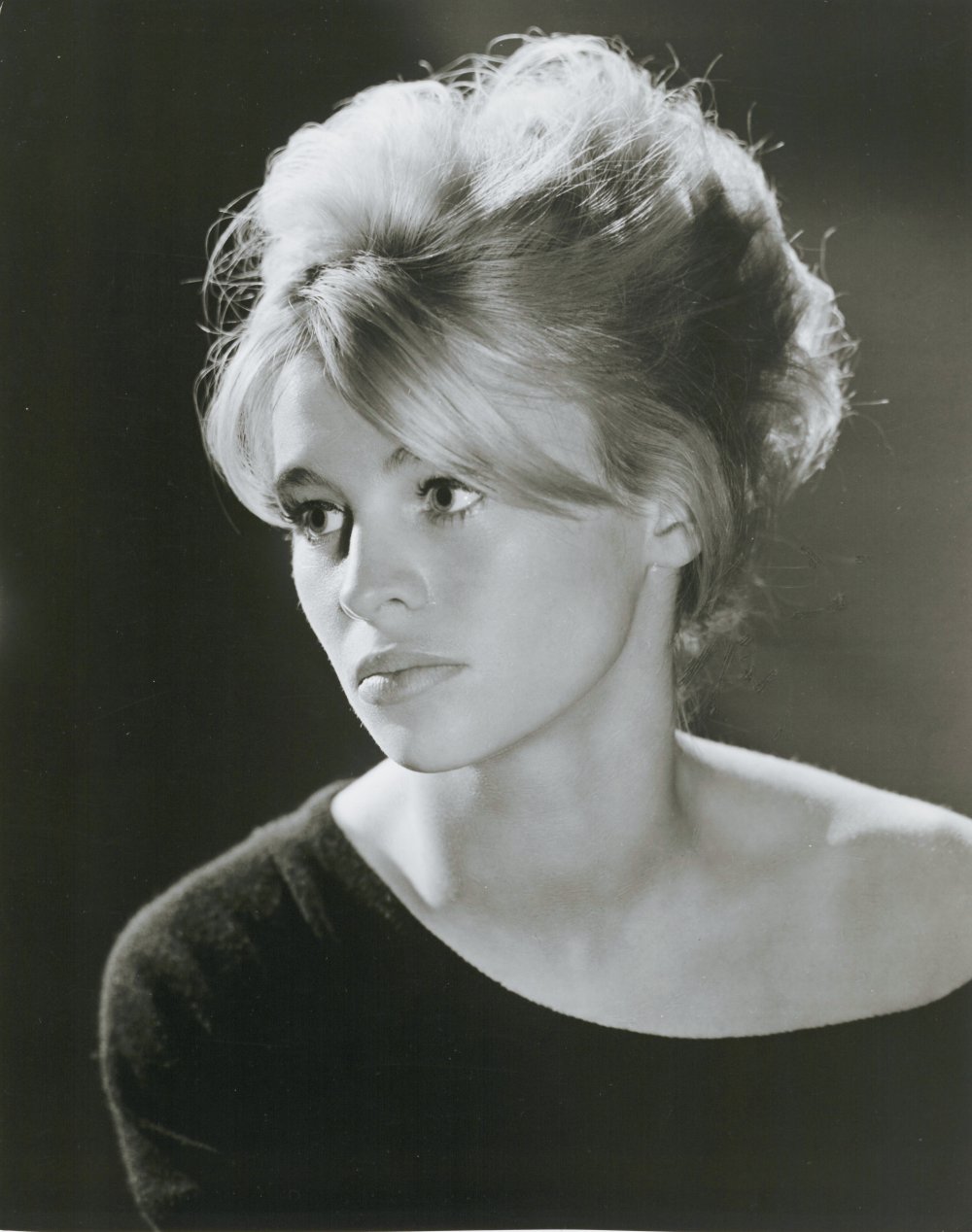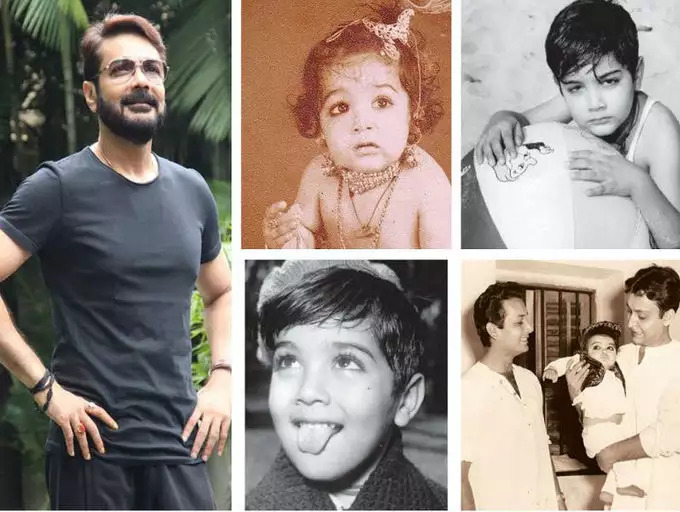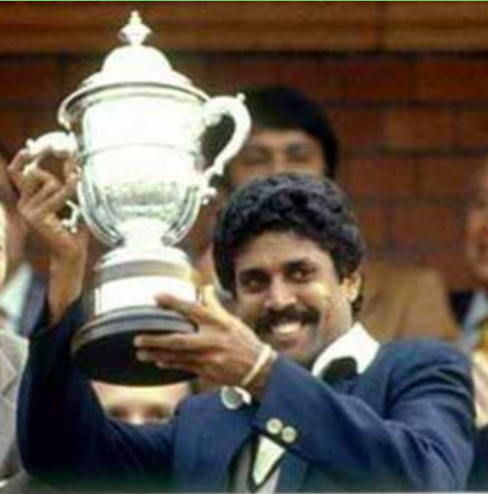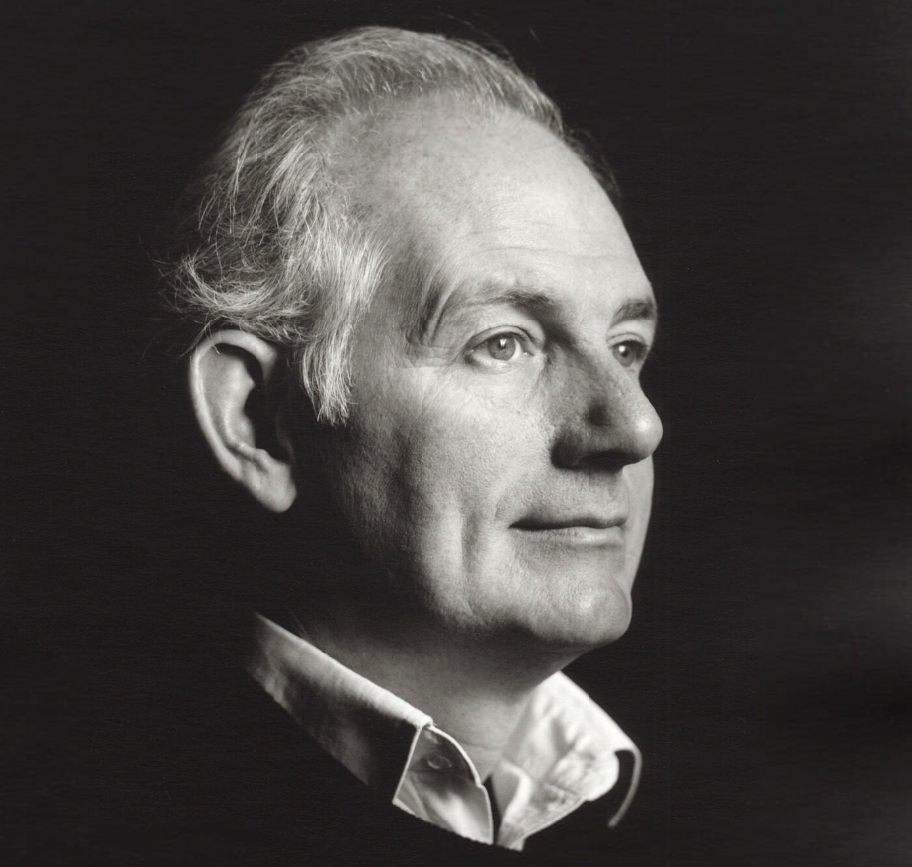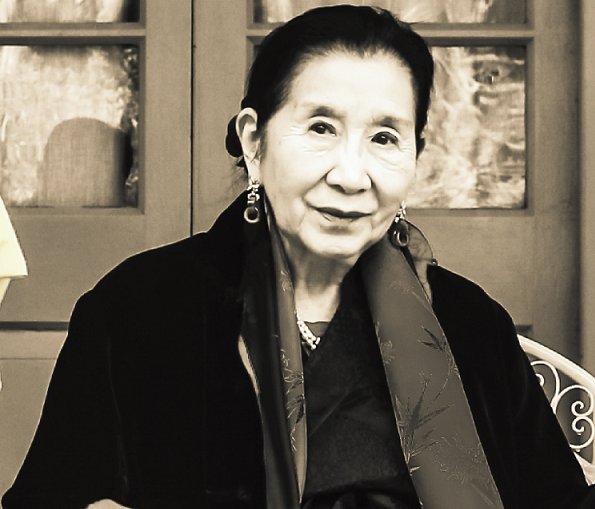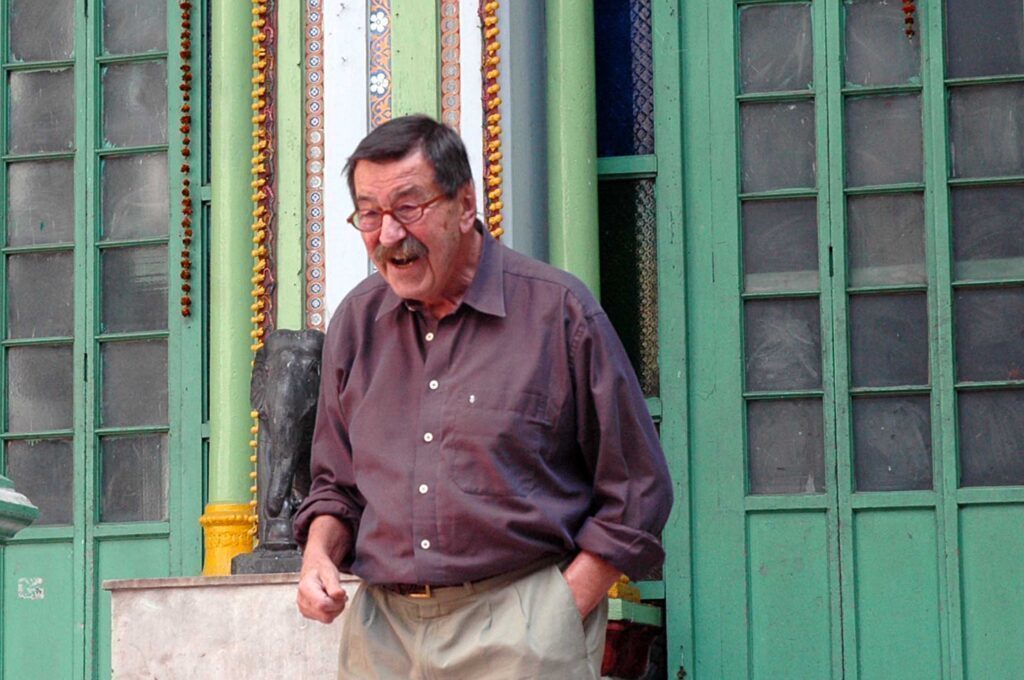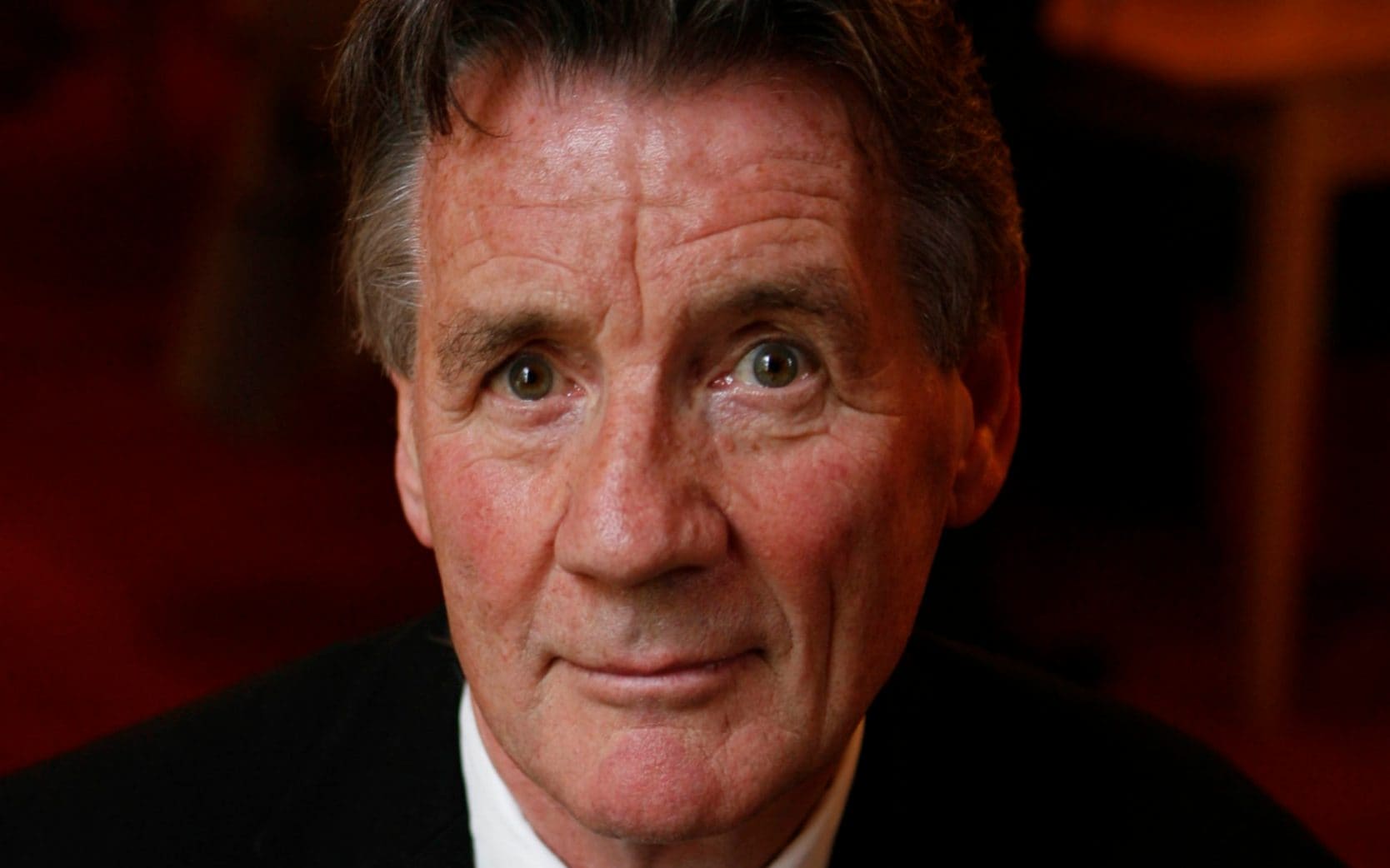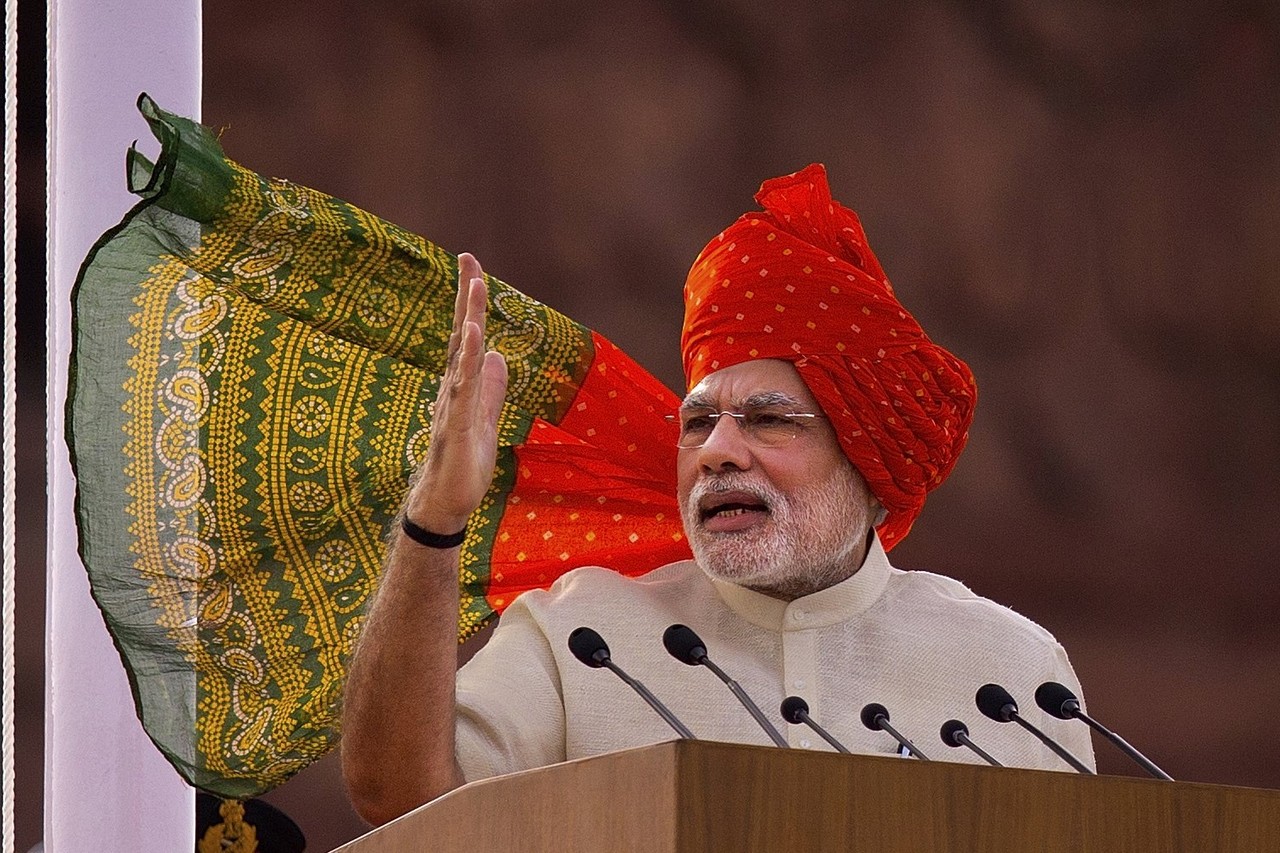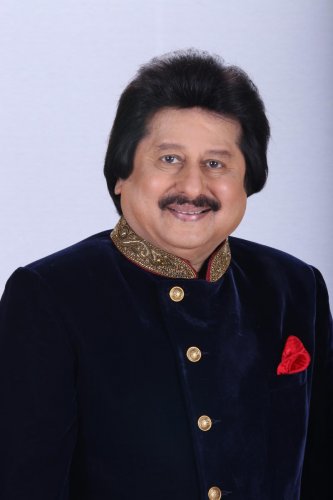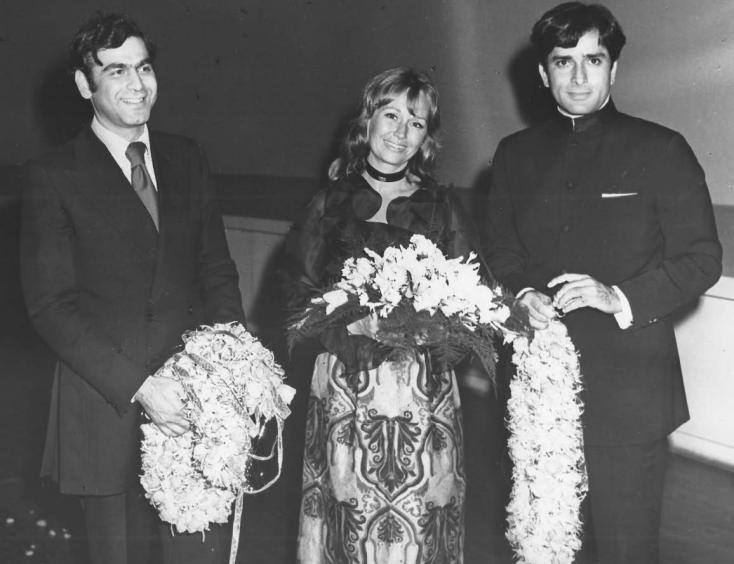AN ELGIN EXCLUSIVE FEATURE
“Every place is a goldmine. You have only to give yourself time, sit in a teahouse watching the passers-by, stand in a corner of the market, go for a haircut. You pick up a thread – a word, a meeting, a friend of a friend of someone you have just met – and soon the most insipid, most insignificant place becomes a mirror of the world, a window on life, a theatre of humanity.”
These words were a part of, ‘A Fortune-Teller Told Me’, one of Tiziano Terzani’s most famous works. This work details his travels across Asia by the means of land and sea after a fortune-teller advised and cautioned him against the use of aircraft.

Born and raised in Florence, he first left the country for a business trip to Japan in 1965. This was his first contact with the Asian side of the planet which then went on to shape his life and work. In his decision to explore Asia, he first learnt the Chinese language and culture at Columbia.
In 1971 he moved to Singapore as a reporter, with his German-descent wife, Angela Staude, and their two small children, as the Asian correspondent for the German weekly Der Spiegel. He then offered his collaboration to the Italian daily newspapers.
Terzani knew much about the historical and political background of Asia but had also a deep interest in the philosophical aspects of Asian culture. Though a non-believer, within his journeys he always looked at the spiritual beliefs and traditions of the countries he visited. Terzani’s experiences in Asia can be found written about in articles, newspaper essays and several books of his own making.

In his very first book, Pelle di leopardo (Leopard Hide) he describes the ending phase of the Vietnam War and in his very last book Un altro giro di giostra (One More Ride on the Merry-go-round), he relays his search through countries and civilizations, looking for a cure and for a new vision of life after being diagnosed with stomach cancer.
Terzani spent the early 2000s isolated in the Himalayas seldom visiting family as he worked on his books. As the sickness got worse however he had to return to Italy. During his time in India, he was given the moniker Anam, which literally means “the one with no name”.
Depicting his last days in the summer of 2004, the book The End is my Beginning was also made into a movie receiving praise from the European press.

“Only if we manage to see the universe as a single entity, in which every part reflects the whole and whose great beauty lies precisely in its variety, will we be able to understand exactly who and where we are.”
-Letters against the war: Letter from Orsigna, 2001.
A wonderful storyteller and a man of great intelligence and sensitivity, his works captured the parts of Asian culture and history that lay behind the limelight. Reality is often far from what is viewed on a smokescreen and to understand that, you have to turn to the common folk that suffer the consequences of decisions made by people in power.
Terzani’s insatiable curiosity and relentless search for truth and reality spanned his entire career and defined his life. He told friends his later life had brought him two gifts, cancer and a good pension, by which he seemed to mean both an acceptance of mortality and the money, and time to explore that acceptance. Tiziano Terzani passed away in July 2004 leaving behind a legacy of works that remain relevant even now.


